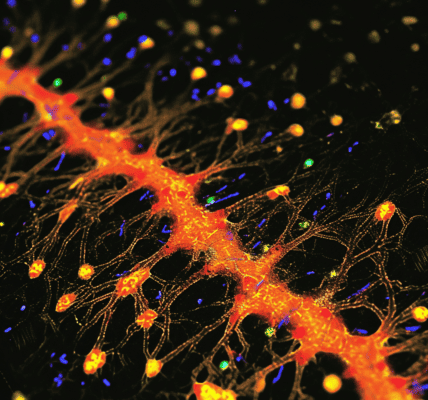The combination of stress and chronic sleep deprivation can have a “synergistic effect” on heart health, say experts.
While stress and sleep are widely recognised as pivotal factors influencing overall health, recent research has shown the profound impact these elements can have on the cardiovascular system, specifically in women.
Sleep and stress are the two main factors that can influence almost every body function. Sleep, stress, and heart health are inherently connected when it comes to a woman’s well-being.
Stress has probably been one of the most underrated reasons for most diseases. When chronic or severe, stress impacts both physical and mental health. Heart disease stands at the forefront, along with other conditions including a weakened immune system, endocrine disorders, depression, asthma, musculoskeletal disorders, and poor gut health. Stress triggers the release of hormones like cortisol and adrenaline, which can raise blood pressure and heart rate. Exposure to stress for a long time can lead to persistent high blood pressure (hypertension) and an increased risk of developing cardiovascular diseases. Women may be particularly vulnerable to the effects of stress due to the interplay of hormonal factors and social circumstances, such as caregiving responsibilities and work-related stressors.
Dr Yong Chiat Wong, Group Head Scientist, Medical & Technical Affairs, ZzzQuil, P&G Health, says, “Sleep and stress are the two main factors that can influence almost every body function. Sleep, stress, and heart health are inherently connected when it comes to a woman’s well-being. Sleep is a time for the body to rest, recover, and repair. When sleep is compromised, the body is unable to perform these essential functions, leading to an increased risk of heart disease. Chronic sleep deprivation can lead to a range of cardiovascular problems, including hypertension, heart attacks, and strokes. Women may be particularly susceptible to the detrimental effects of sleep deprivation due to hormonal fluctuations and the demands of pregnancy and motherhood.”
It is clear that both stress and sleep play a critical role in the maintenance of heart health, particularly in women. Understanding the interconnectedness of these factors can lead to better strategies for preventing and managing cardiovascular diseases.





